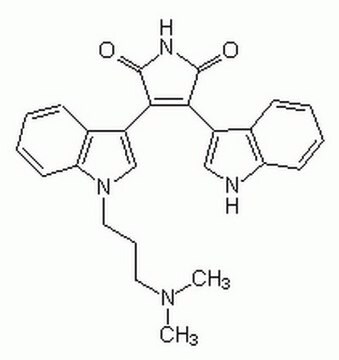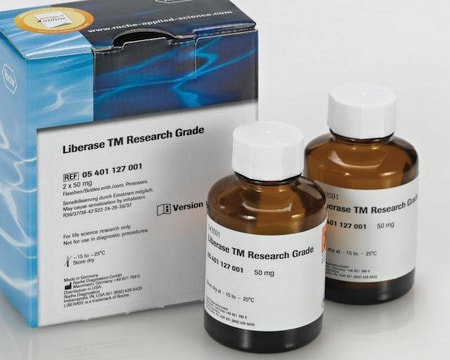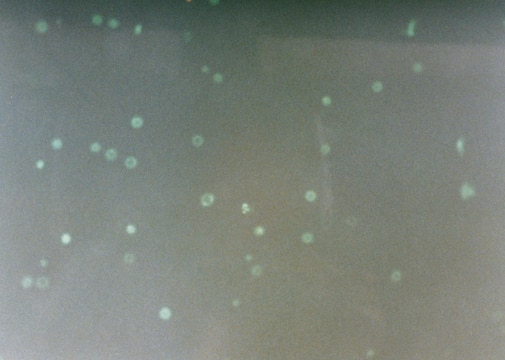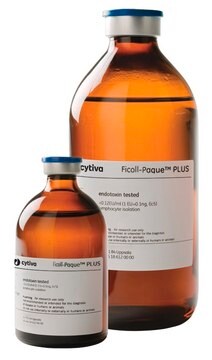V9764
Anti-VPS34 antibody produced in rabbit
~1.0 mg/mL, affinity isolated antibody, buffered aqueous solution
Synonym(s):
Vps34 Antibody, Vps34 Antibody - Anti-VPS34 antibody produced in rabbit, Anti-PIK3C3, Anti-Phosphoinositide-3-kinase, Anti-Vacuolar protein sorting 34
About This Item
Recommended Products
biological source
rabbit
Quality Level
conjugate
unconjugated
antibody form
affinity isolated antibody
antibody product type
primary antibodies
clone
polyclonal
form
buffered aqueous solution
mol wt
antigen ~105 kDa
species reactivity
mouse, rat, human
concentration
~1.0 mg/mL
technique(s)
indirect immunofluorescence: suitable
western blot: 2-4 μg/mL using whole extracts of HEK-293T cells expressing human VPS34
UniProt accession no.
shipped in
dry ice
storage temp.
−20°C
target post-translational modification
unmodified
Gene Information
human ... PIK3C3(5289)
mouse ... Pik3c3(225326)
rat ... Pik3c3(65052)
General description
Immunogen
Application
Biochem/physiol Actions
Target description
Physical form
Disclaimer
Not finding the right product?
Try our Product Selector Tool.
Storage Class Code
10 - Combustible liquids
WGK
WGK 2
Flash Point(F)
Not applicable
Flash Point(C)
Not applicable
Personal Protective Equipment
Choose from one of the most recent versions:
Already Own This Product?
Find documentation for the products that you have recently purchased in the Document Library.
Our team of scientists has experience in all areas of research including Life Science, Material Science, Chemical Synthesis, Chromatography, Analytical and many others.
Contact Technical Service







